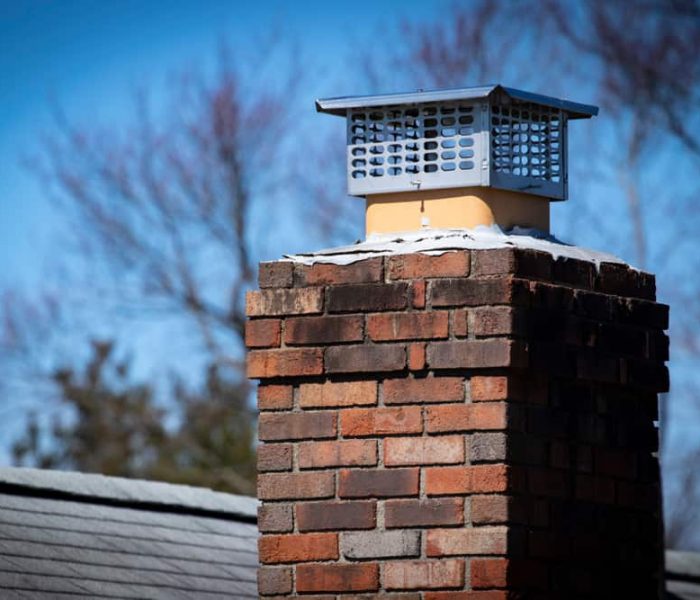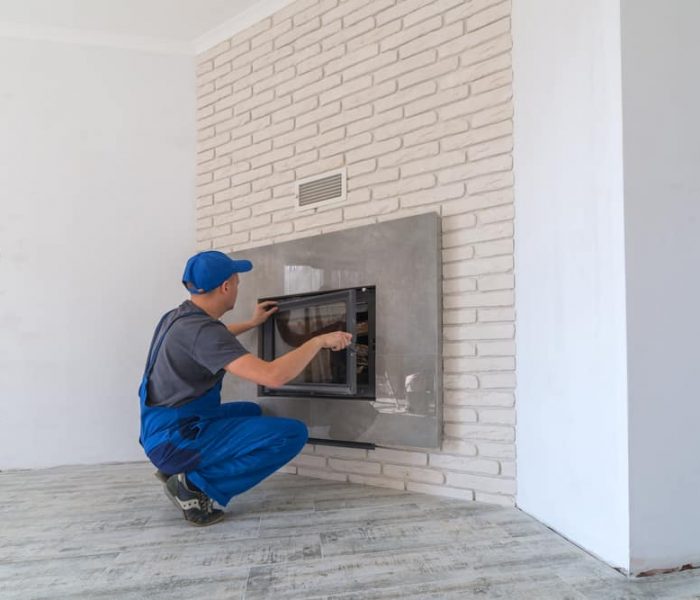In your search bar, you probably type “fireplace chimney sweep near me” if you are seeking help cleaning and maintaining your fireplace and chimney. You can find fireplace chimney sweeps near me in Somerset county who are familiar with the varieties of this traditional element of interior design.
No matter what kind of fireplace you choose, you should work with a professional who will keep your Bridgewater, NJ home clean and safe when you install it. Here are some fireplaces and chimney options, as well as maintenance details.
Different Types of Fireplaces
Wood
The first thing you think of when discussing a fireplace for your home is a wood fireplace. It consists of a small, stove-like box attached to a chimney in which you burn wood. Maintenance and cleaning of this type of fireplace are a major concern.
Ashes and smoke can build up over time, causing chimney fires, so you must be careful what you burn in your fireplace. Cleaning and chimney sweeping regularly can prevent such fires. You can give your Somerset home an elegant look with a wood fireplace if you have the right knowledge and professional assistance.
Masonry
Usually, masonry fireplaces are regular wood fireplaces with brick, cobblestone, or block hearths, mantels, and chimneys. Rustic settings can be enhanced with bricks.
In Bridgewater, NJ, masonry fireplaces cost more to design and install, but the bricks will absorb and redistribute heat from the fire during the cooler months to keep your home warm. You should, however, be aware that masonry fireplaces weigh much more than other options, and you must have a concrete foundation to support them.
Electric
This is nothing more than an electric heater designed to resemble a fireplace. In addition to providing heat and creating a cozy environment in your home, this type of fireplace is also much easier to clean and maintain since it does not actually burn anything or produce smoke or ash.
The electric fireplaces you purchase will not need regular cleaning, but you should still hire a qualified professional to install them.
Gas
There is typically less heat and a smaller flame produced by gas fireplaces than by real fireplaces. For safety reasons, gas fireplaces are required to have a glass cover. Furthermore, there are fewer style options. Their cost is usually less than other options. The flues of gas fireplaces also need to be cleaned annually, even though they do not produce creosote, a combustible substance found in wood fireplaces.
Different Types of Chimneys
Masonry
A masonry chimney is constructed from bricks or stones and mortar; they add a very nice, traditional look to the exterior of your home, however they may be costly to install, as are masonry fireplaces. It is also important to determine how much work this addition will require from a “fireplace chimney sweep near me” before making the investment.
Metal
To prevent chimney fires, metal chimneys still require regular cleaning, just as masonry chimneys do; if they are connected to wood fireplaces, they will still accumulate smoke and ash. The cost of a metal chimney is cheaper since it doesn’t require as much design, but it’s much plainer than a brick or stone chimney.
Furnace Flue Pipes
There is also the possibility of having only a furnace, connected to a flue pipe, rather than a fireplace. For your Somerset home’s safety, make sure to clean and maintain your flue pipes regularly so there is no smoke produced.
You can find someone who performs chimney sweeping in Bridgewater, NJ, who will clean flue pipes as well as fireplaces and chimneys, like Apex Air Duct Cleaning & Chimney Services.








